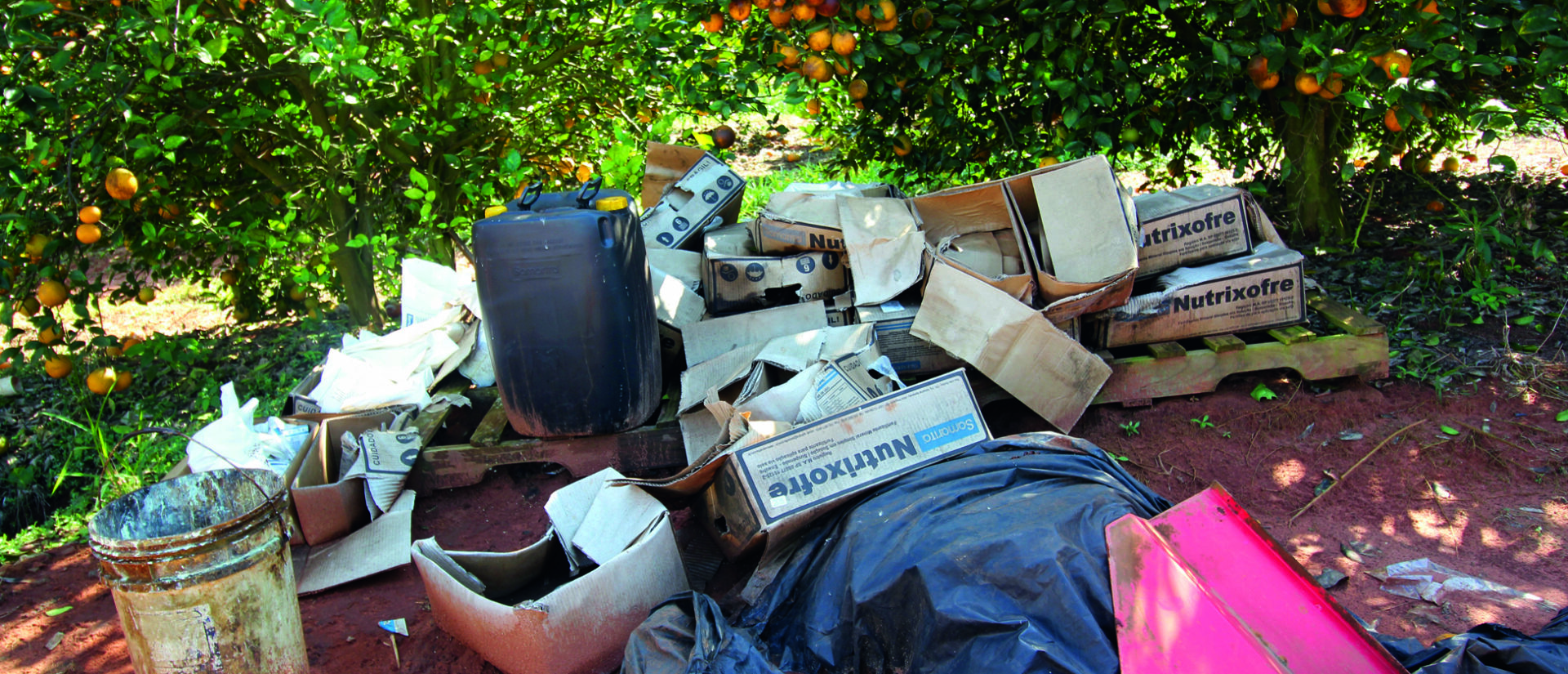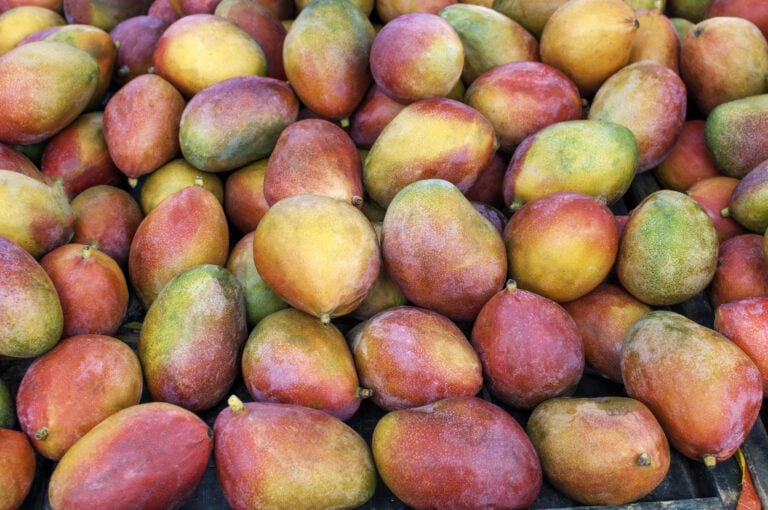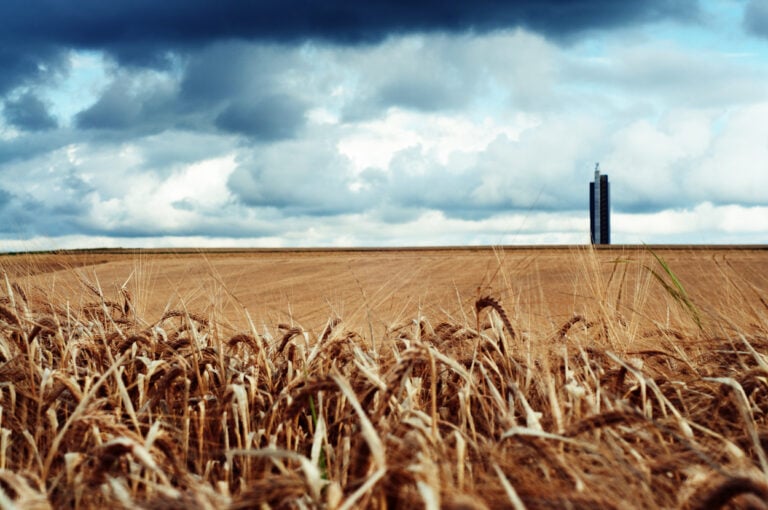
Supermarkets in the Netherlands fail to acknowledge problems with orange cultivation
One third of the orange juice sold in Dutch supermarkets comes from Brazil, where labour conditions for pickers are often substandard. Orange pickers cannot live on their earnings, work long hours and are exposed to toxic pesticides in the workplace. As purchasers of the juice, Dutch supermarkets share responsibility according to international standards; however, SOMO’s report ‘Juice with a bitter aftertaste’ shows that the supermarkets are not yet doing enough to improve conditions.
Dominant players
Juice with a bitter aftertaste
Supermarkets are powerful key players in the food production chain and can use this power to improve labour conditions. Through knowing about their own supply chain and identifying the risks, supermarkets – possibly jointly – can clearly make a difference.
But there are other powerful players in the orange production chain as well. Three large Brazilian juice producers – Citrosuco, Cutrale and Louis Dreyfuss Company – dominate the global market. These companies produce concentrated juice and also own plantations in Brazil where violations were found. As buyers from these parties, Dutch supermarkets are directly linked to these violations.
Hide and seek
SOMO has twice questioned the five largest supermarkets in the Netherlands (Albert Heijn (Ahold Delhaize), Jumbo, Lidl, Aldi and Plus) on the source of their store-brand juice and what efforts they have made to prevent problems with human rights violations in the supply chain, as well as what they have done to improve conditions. While in November 2015 three supermarkets cooperated with the investigation, in 2017 each decided on an individual basis not to participate.
The supermarkets had their trade association, Central Food Trade Office (Centraal Bureau Levensmiddelen: CBL), draft a general statement. This general statement does not mention abuses in the orange juice production chain and offers no concrete information on the policies, initiatives, results or supply chain of individual supermarkets. The supermarkets shifted their responsibility to the Dutch government. Only Jumbo has announced new steps.
Using influence
Dutch supermarkets have the ability to influence the juice processors and to contribute to better labour conditions in the supply chain. Fair trading relations with suppliers and purchasing policies that lead to fair prices for orange growers are needed to achieve structural improvements.
Do you need more information?
-

Gisela ten Kate
Coordinator MVO Platform
Related content
-

-

-
Hungry for profits Published on:
 Vincent KiezebrinkPosted in category:Publication
Vincent KiezebrinkPosted in category:Publication Vincent Kiezebrink
Vincent Kiezebrink



